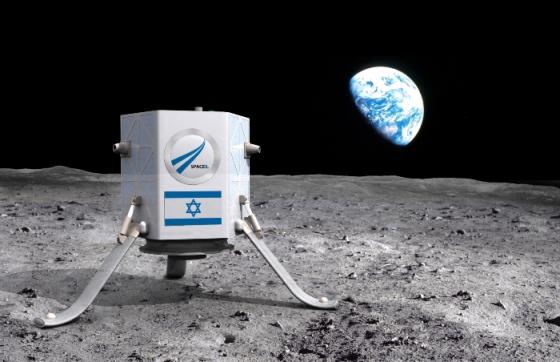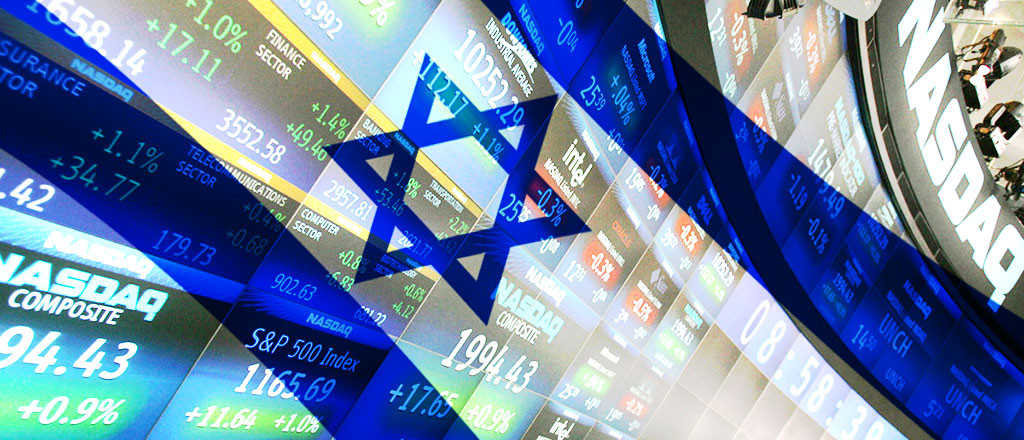Shooting for the Moon with SpaceIL
Background: Israelis and Space Since the 1960s, Israelis have actively engaged in researching and exploring space, initially focusing on academic research. With time, efforts shifted to generate an Israeli space industry, piggybacking on Israel’s technological advantages, culminating with the 1983 establishment of the Israel Space Agency, a subdivision of the already existing Ministry of Science and Technology. In 1988, Israel joined seven other nations with space launch and spacecraft capabilities when it launched its first satellite, Ofeq-1. Many more satellites have since been launched bringing Israel’s total to thirteen satellites, developing an international reputation through its substantial achievements. The Potential of Space The space industry as a whole, including Israel’s, has greatly contributed to the global economy, and also provides political and strategic advantages to involved nations. More specifically in the case of Israel, satellite and space technology plays a significant role in its communication and miniaturization innovations. Space capabilities have also played a role in ensuring Israel’s military and security advantages, which in turn lead to political advantages. Whether in gathering of valuable information, or the establishment of...
Read More







